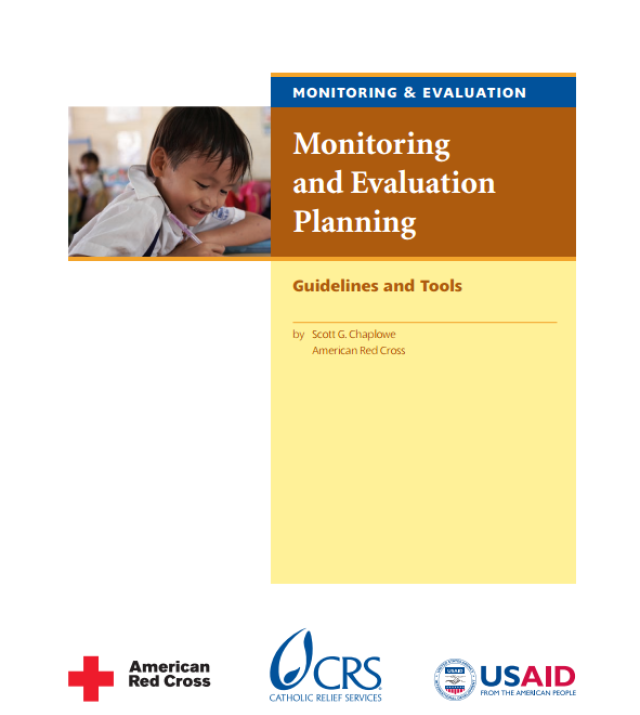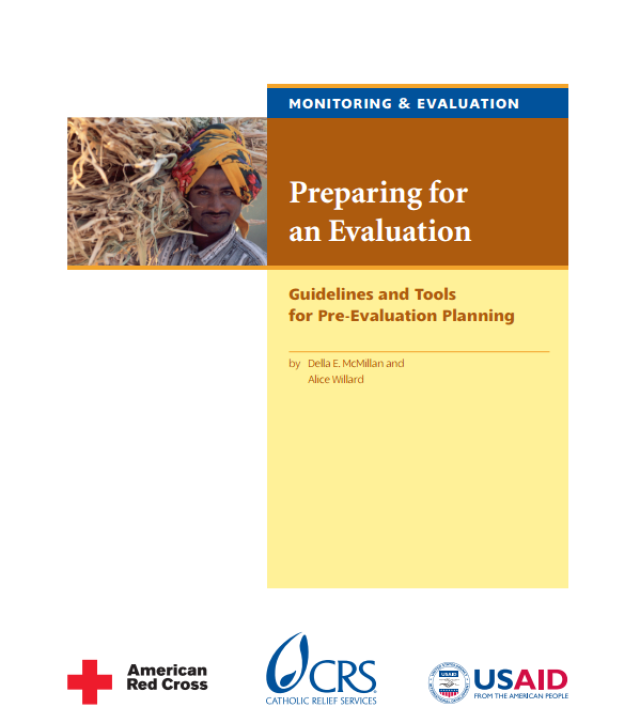
IPTT Guidelines: Guidelines and Tools for the Preparation and Use of Indicator Performance Tracking Tables

Monitoring and evaluation (M&E) are core responsibilities of American Red Cross and Catholic Relief Services (CRS) program managers and help ensure quality in our programming. The IPTT Guidelines module is one in a series of M&E training and capacity-building modules that the American Red Cross and CRS have agreed to collaborate on under their respective Institutional Capacity Building Grants. These modules are designed to respond to field-identified needs for specific guidance and tools that did not appear to be available in existing publications. Although examples in the modules focus on Title II programming, the guidance and tools provided have value beyond the food-security realm.
Our intention in writing the IPTT Guidelines module was to help readers get the most out of their routine M&E data by displaying it in an indicator tracking table. Many donors now recommend—or require—that these data be reported in a tracking table format. Yet the guidance on how these tables should be formatted and when they should be updated or modified has been minimal. This module offers a user-friendly resource that can help field teams better understand the preparation and use of an IPTT over the project life cycle. It helps orient staff to basic guidance and gives tips on how to avoid and resolve common problems that can emerge during project design and routine reporting, as well as during mid-term and final evaluations.
Different agencies have different names for tracking tables. This particular module focuses on the design and use of the tracking table that the United States Agency for International Development (USAID) requires for its Title II food security projects, the Indicator Performance Tracking Table or IPTT. Although the module focuses specifically on the Title II IPTT, its general principles can be applied to other types of donor-funded programs.

